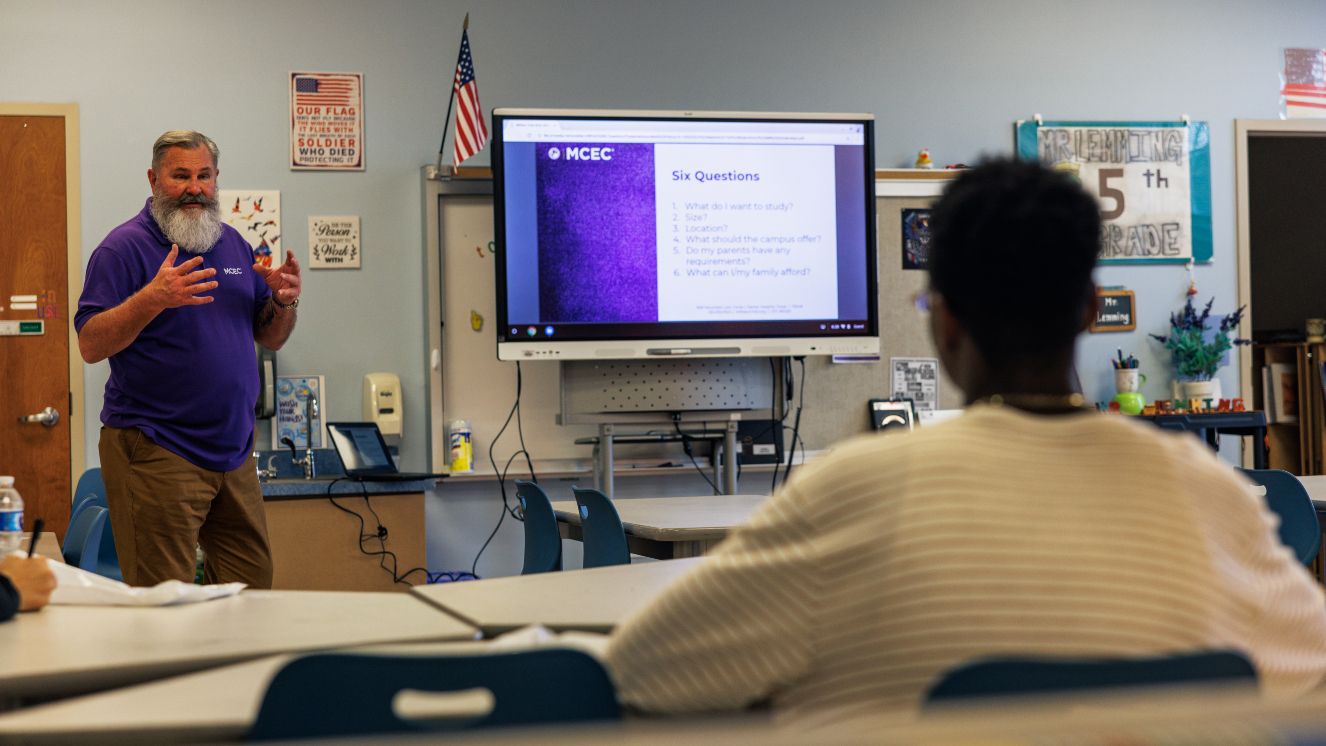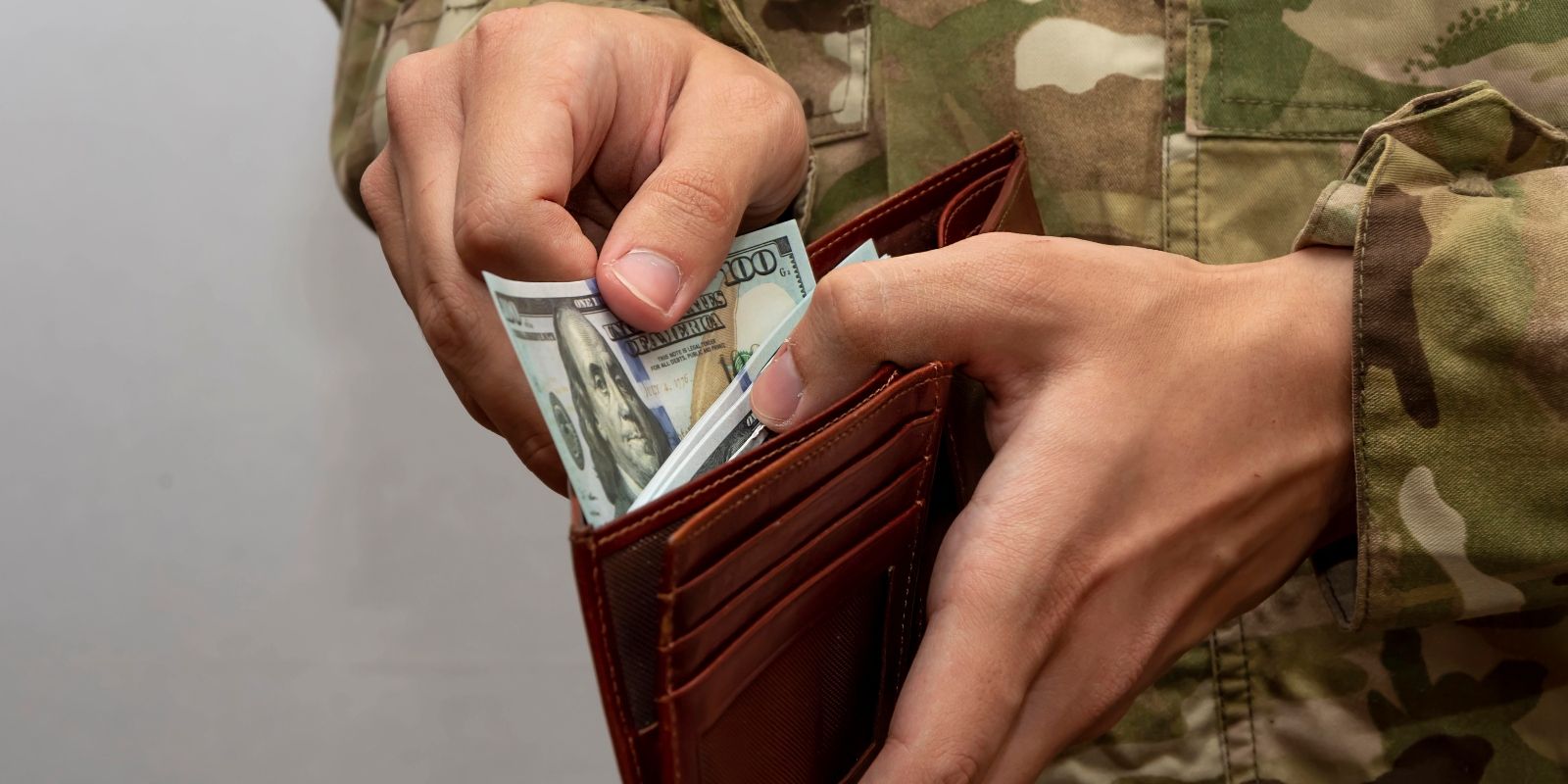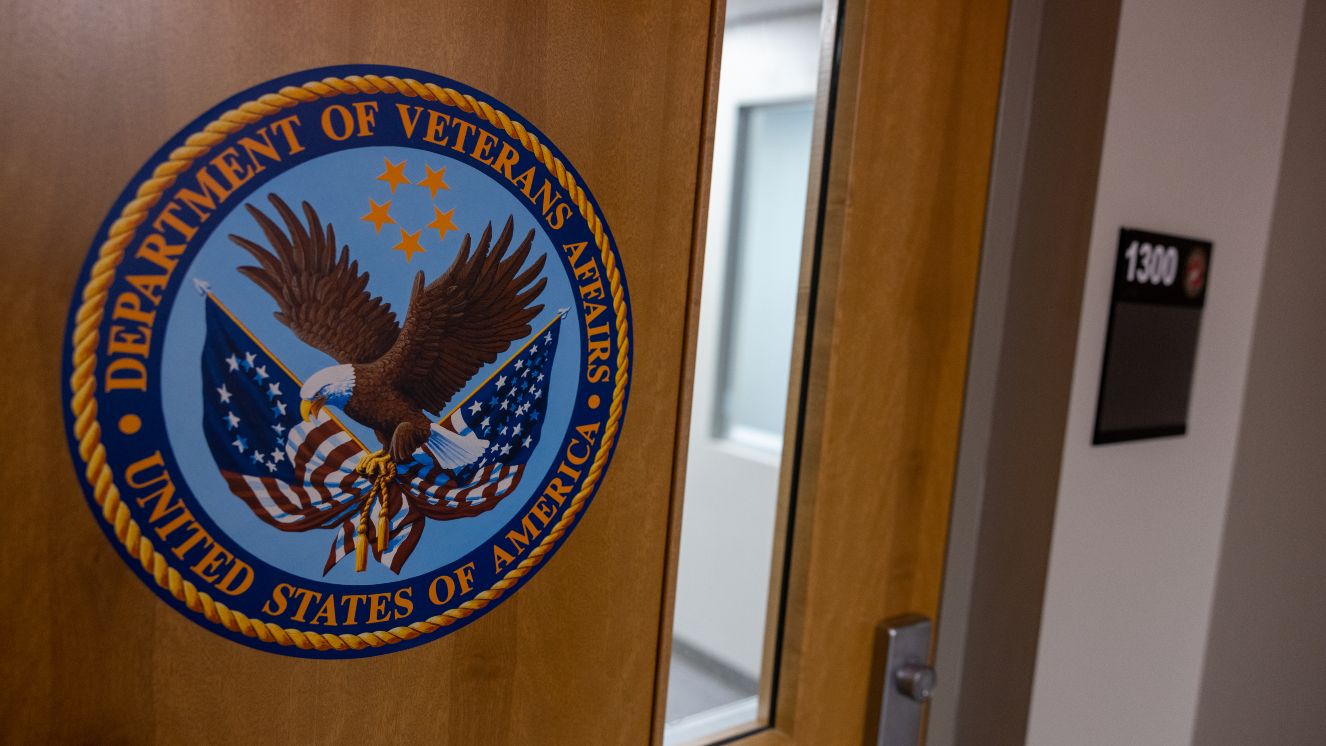SUPREME COURT RULING AFFECTS VA DISABILITY CLAIMS FOR VETERANS
COMMENT
SHARE

The Supreme Court has rejected an argument by two Veterans that the VA had a duty to grant their claims for post-traumatic stress disorder when the evidence showed the decision to be a close call.
Although there was proof of the Veterans having a mental disability, the courts still refused to give the affected Veterans VA disability benefits, given the lack of support for the claims. In a 7-2 ruling, the court said the VA does not need to apply the “benefit-of-the-doubt rule,” a standard of proof that favors the Veteran when there is a balance of positive and negative evidence.
Supreme Court Jurisdiction Ruling on VA Authority
The court's ruling, with a majority of seven to two regarding the Veterans Court, doesn't need to dig deeper from the start to review the evidence in the denial of the VA disability benefits, especially in close-call situations.
If the ruling is a close call, the Supreme Court emphasizes that the judgment must not be favorable if the qualifications have been met. Still, the judgment must be based on the legal actions based on the VA’s judgment and legal aspects.
The case at hand involved Norman Thornton, a Veteran of the first Gulf War who says he rated a higher level of disability from PTSD, and Joshua Bufkin, who was denied post-traumatic stress disorder benefits after leaving the Air Force because doctors didn’t agree on whether he qualified.
The Supreme Court doesn't want the Veterans to rely on the "benefit of the doubt rule" due to the uncertain evidence that has been presented. With no solid evidence presented by the Veterans regarding their disability, the court's decision remains unchanged.
The ruling of the Supreme Court is still against giving benefits to Veterans due to vague evidence, which is why Veterans are requesting to review evidence and make amendments to support their claims.

Supreme Court Decision: Impact on VA Disability Benefits
In disagreement with Justice Ketanji Brown Jackson and Justice Neil Gorsuch, they said that even though the majority of the votes will not guarantee the VA disability benefits – the Veterans Court must continue to rubber-stamp in providing consideration for Veterans considered in danger.
For instance, the considerations must benefit the case involving the two Veterans with higher levels of disability working in the military.
Norman Thornton has a high level of disability relating to PTSD. Joshua Bufkin was denied support and benefits even though he was experiencing post-traumatic stress disorder after leaving the Air Force. This is because the doctor did not qualify him as a person struggling with those mental health problems.
The two Veterans' lawyers have stated if they experienced it, how many more Veterans that have been affected have chosen to stay silent? How will they speak if their peers have been denied living proof of having a disability?
Veterans Appeals: Supreme Court on Benefit of the Doubt
Veterans who are victims of physical and mental degradation in service for the country must receive VA disability benefits. This way, Veterans will continue to make their services viable and efficient if the necessary benefits are given to them.
Affected Veterans appeal to the VA benefit of the doubt rule as they believe it's their right to fairness and be compensated given that their disability is the result of service in the military. They hope for justice in favoring the VA to their side regardless of the need for solid evidence in the Supreme Court.
Considering that the Supreme Court sided in opposition to the Veterans receiving their benefits, affected Veterans and their lawyers appealed to the VA benefit of the doubt rule to consider coming back with strong evidence based on what the Supreme Court is looking for.

Future of VA Disability Benefits Post-Ruling
The court has approved the VA benefit doubt rule for a century. However, since the Supreme Court sided with giving VA disability benefits to the affected Veterans, their winning chances might be lower, given the court's opposition to their side.
The benefits will not be given to the two Veterans as per the Supreme Court's review that the evidence presented was vague to align with the standard of ruling of giving VA disability benefits. Considering that even if there is no chance of acquiring the benefits, consistently providing more proof to the court can present a silver lining.
VA disability benefits will only be given to the citizens affected with living legal proof that they acquired it through their military service.
However, the higher risk comes from their journey into service in the U.S. military, which is why the benefit of the doubt ruling will always favor Veterans in the past, but not today, as the Supreme Court has become more strict.
Read next:
- How to Apply for VA Disability & What You Need to Know
- Project 2025 and VA Disability Benefits: What Changes Are Coming?
- Auditors Find $100M in Errors in Veteran Disability Claims
Sources:
Join the Conversation
BY ALLISON KIRSCHBAUM
Veteran, Military History & Culture Writer at VeteranLife
Navy Veteran
Allison Kirschbaum is a Navy Veteran and an experienced historian. She has seven years of experience creating compelling digital content across diverse industries, including Military, Defense, History, SaaS, MarTech, FinTech, financial services, insurance, and manufacturing. She brings this expertis...
Credentials
Expertise
Allison Kirschbaum is a Navy Veteran and an experienced historian. She has seven years of experience creating compelling digital content across diverse industries, including Military, Defense, History, SaaS, MarTech, FinTech, financial services, insurance, and manufacturing. She brings this expertis...



